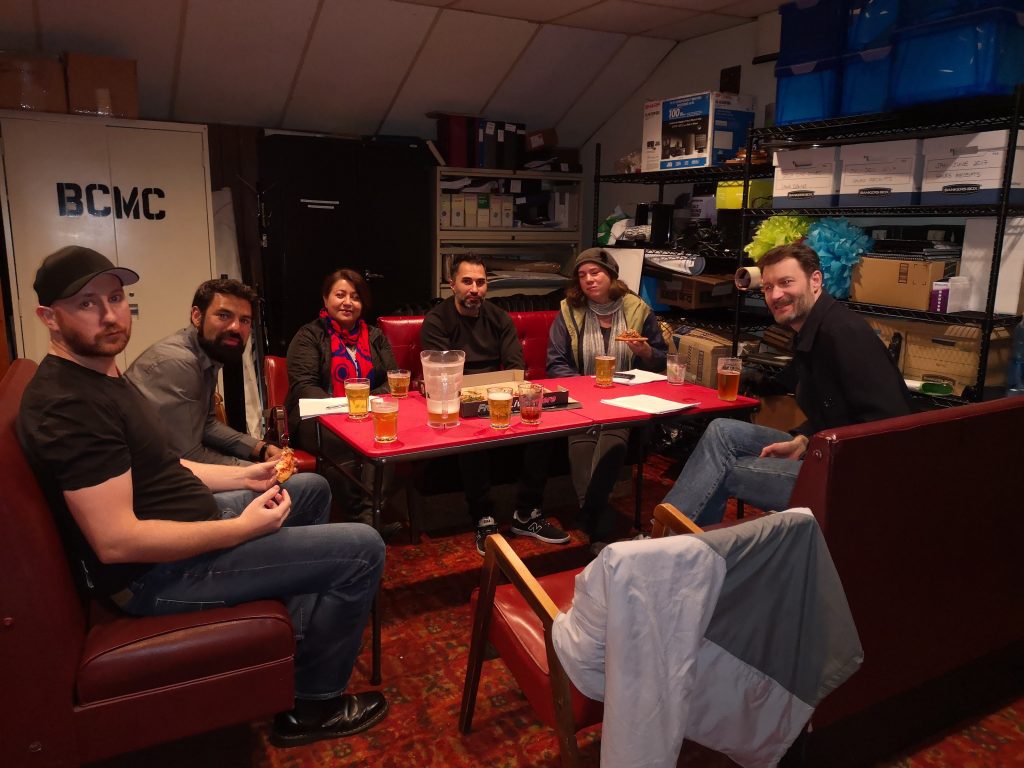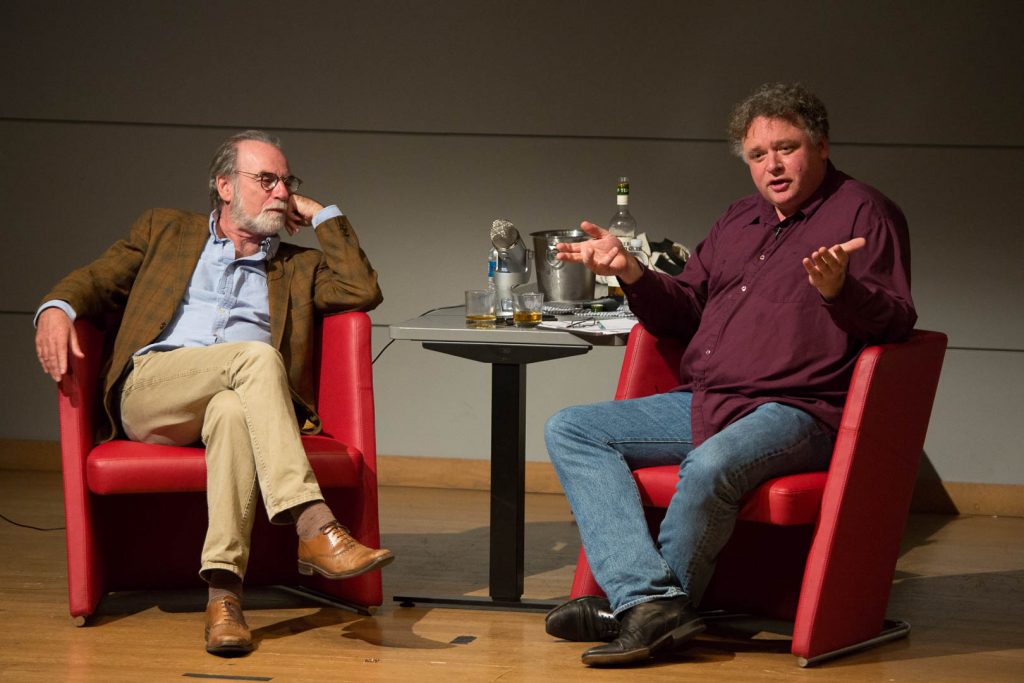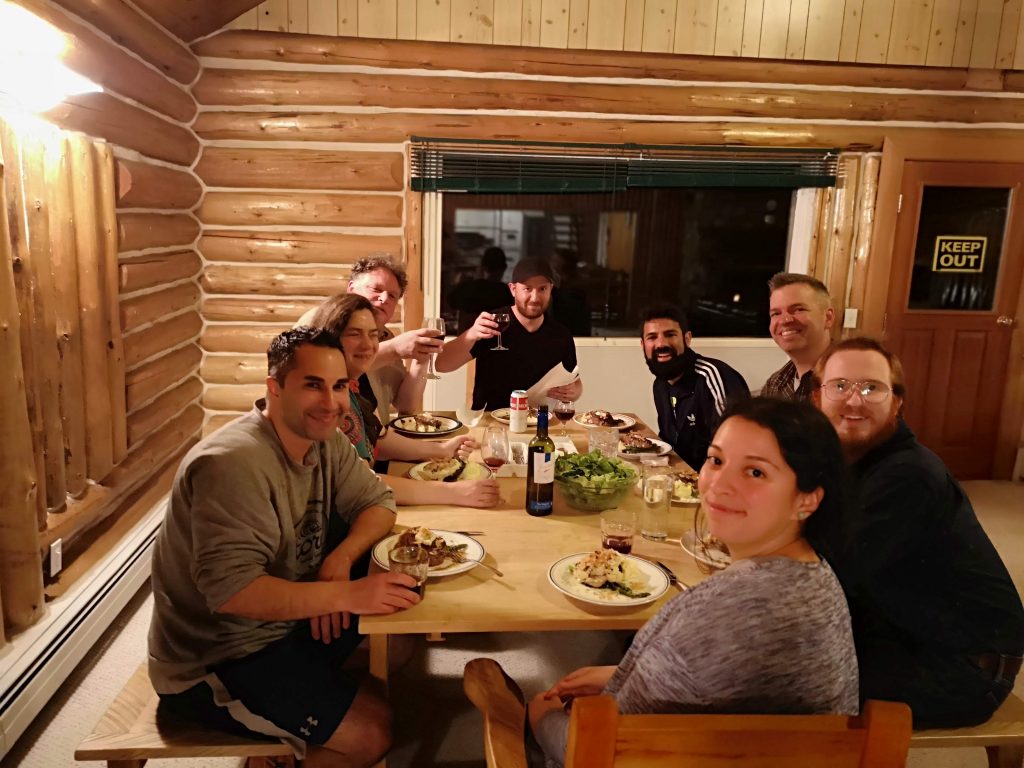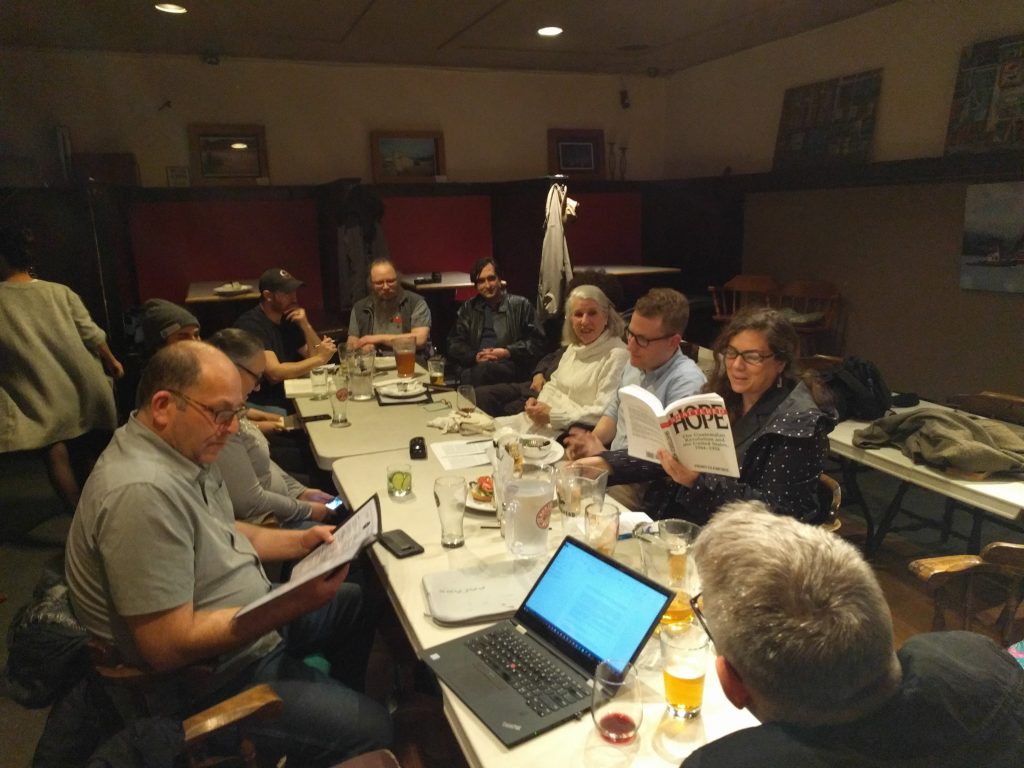Los Altos Institute’s Third Labour Day Intensive at Hammond House
From Inquisition Judge to Executive Director:
Modernity and the Commissar Class
Dates: TBA
Since the fall of the USSR in 1991, social democratic parties around the world have undergone a transformation. Their new kind of politics came to be known as the Third Way, and was championed by Tony Blair and the New Labour movement in Britain. BC’s Third Way party, the New Democrats, have been among the most successful of this type of party, successfully governing BC for twelve of the twenty-nine years since 1991. Today’s NDP has been successful in demobilizing and stymying opposition to massive liquified natural gas plants, fracking, education cuts, welfare cuts, a massive increase in homelessness, privatization and contracting-out.
Many mistakenly attack the party’s leadership as sell-outs, paid-off members of the working class who have been corrupted by big money in politics. But this accusation is born of a profound misunderstanding of whom the party’s leadership represents.
Third Way parties around the world are class-conscious parties pursuing the interests of the class they represent, known variously as the “commissar class,” “bureaucratic class” or “progressive technocratic class.” This class came into being in the West in the sixteenth century as an inextricable element of the project of modernization. As self-conscious political actors, this class organizes to expand their authority at the expense of working class people by efficiently doing the bidding of oligarchs more efficiently than wealthier parts of the bourgeoisie. Consistent opponents of disorder and “corruption,” this class expands its authority by undermining democratic processes and institutions in favour of managerial or technocratic institutions.
George Heyman served as president of the BC Government Employees’ Union and Executive Director of the BC Sierra Club before becoming BC’s climate minister in 2017
Members of this class move easily among jobs as trade union executives, lobbyists, senior civil servants, NGO executive directors and management consultants for firms like KPMG delivering what they understand to be “efficiencies,” making the world a more orderly place. Donald Trump and other populists mobilize the profound and often justified antipathy of working class people, oligarchs and the petit bourgeoisie against this class.
This class has been with us for longer than we realize, as their power has waxed and waned. And our third Labour Day intensive will be a detailed exploration of this class, its formation in the sixteenth century, its politics and its prospects in the present and future. And unlike many courses offered from those with a socialist perspective, the course will take seriously the analysis of ex-KGB analyst, Yuri Besmonov.
Teaching duties will again be handled by Stuart Parker, former lecturer in history and international studies at SFU, assisted by Alannah New-Small, the Institute’s Vice President who will be handling meals and coverage. We will be taking advantage of the fresh organic, local food produced at Harrison Hammond House Farm, which surrounds our meeting venue.
Harrison Hammond House, located southwest of Harrison Hot Springs and East of Mission in the Fraser Valley, is a scenic property which contains a working farm and abuts an important bird-watching area on the Fraser River.
Registration includes:
- three daily meals, prepared by your hosts
- pre-circulated printed reading materials and books (Modern Inquisitions, The Search for Order and a document reader including essays, book chapters and articles), arriving by mail or courier three weeks prior to the intensive
- morning seminars in the Hammond House den conducted by Stuart
- four nights of evening discussions of the day’s events over dinner with wine and/or cocktails
- a selection of optional programmed afternoon activities including sightseeing, hiking, hanging out with animals and supplementary instruction in the form of video matinees
- optional topical after-dinner films
- four nights of private or shared accommodation at Harrison Hammond House
Registration for the full event is at three rates:
- For students and the un-/under-employed, $480 for the four days. This includes classes, meals, afternoon programming, drinks and shared accommodation. Those paying this rate may also apply for a travel grant to assist in covering transportation costs. The availability of these spaces is contingent upon full-freight registrants; the maximum available is six.
- For employed academics, activists and interested people, $800 for the four days. This includes classes, meals, afternoon programming, drinks and shared accommodation.
- For employed academics, activists and interested people, $1000 for the four days. This includes classes, meals, afternoon programming, drinks and private accommodation.




















